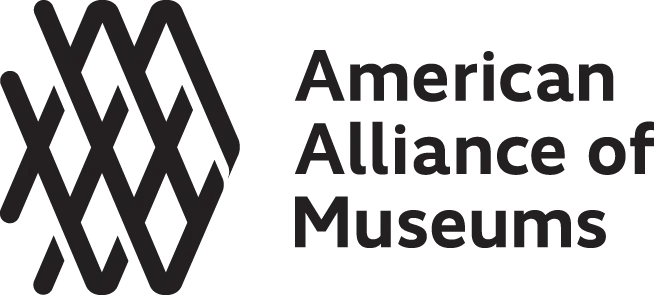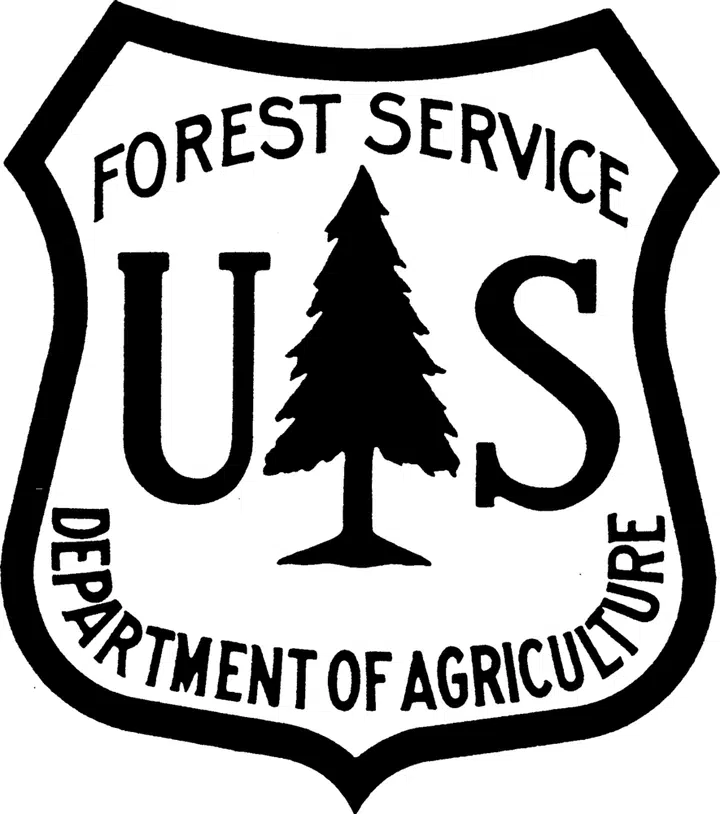David Burke Lab
at the Long Center for Plant & Environmental Science
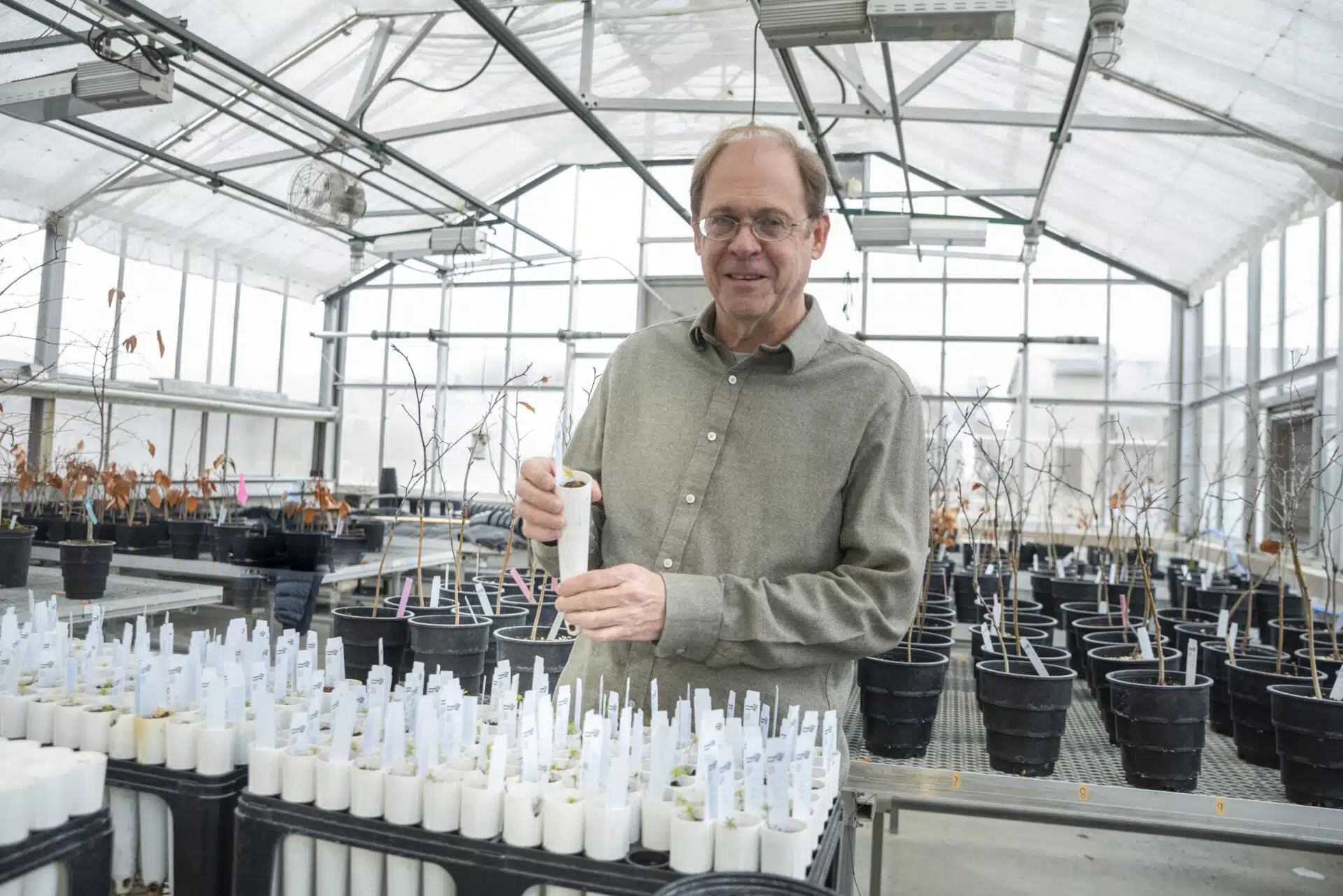
Soil Ecology & Forest Pathogens
We investigate interactions between plants and the microorganisms that live in the soil. These belowground mutualists like mycorrhizal fungi may be key to the health of natural communities, so a better understanding of their diversity, how they interact with plants and other soil microbes, and how this in turn affects ecosystem health is necessary for the sound management of natural systems. We also study forest pests and disease, especially beech leaf disease, that are affecting our local forests.
Our Projects | Our People | Lab Alumni | Contact David | Join Us
Find our research publications on Google Scholar.
Our Projects
Diversity of soil fungi and microbes
Just one teaspoon of natural soil can contain billions of microorganisms. Yearly changes like snow fall, leaf litter inputs, and growth of spring ephemerals, to name a few, can impact soil fungal diversity and function. We are investigating factors that influence soil diversity and function with more than a decade of data collected in the forests at the Holden Arboretum.

Ecological integrity of forests
The impacts of threats to our forests like invasive species, deer herbivory, and agricultural land use history are typically studied above ground. But how do these threats affect soil fungi and bacteria — and can restoring belowground communities help reestablish plant communities that have also been affected?

Soil ecology of urban environments
Urbanization, development, and nanoparticle pollution affect belowground communities, but the extent of these changes, and how they in turn influence plant growth and health in these places, is not well understood. With collaborators at Cleveland State University and Case Western Reserve University, we are studying these relationships and their impact on the success of urban forestry, agriculture, and ecological restoration.

Acid rain and forest health
Acid rain falling on a forest alters the chemistry of the soils, not only acidifying but also decreasing the availability of essential nutrients like phosphorus and calcium. We study how these changes impact forest health, how soil remediation can reverse the damage, and how belowground communities help mitigate these processes.

Forest pathogens and tree health
Forest pathogens are usually microscopic and include fungi, bacteria, viruses, and invertebrates. They not only associate with the tree or plant they infect, but also with the other microscopic organisms that live on leaves, roots, or in the soil — the forest microbiome. Understanding these interactions can help with treatment of the disease the pathogens cause. We are currently studying these relationships in the nematode (Litylenchus crenatae subsp. mccannii) associated with beech leaf disease and in the hemlock wooly adelgid (Adelges tsugae).
Our People
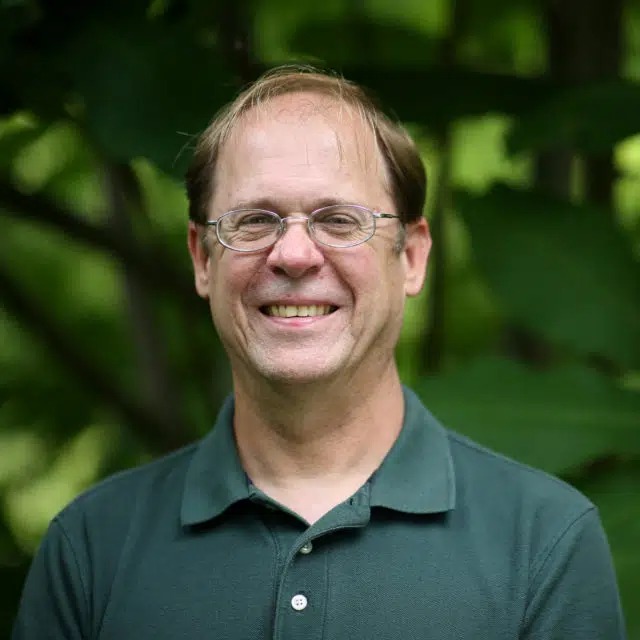
David J. Burke, PhD
Vice President for Science and Conservation
Dr. David Burke is the principal investigator of Holden’s soil and microbial ecology lab as well as the Vice President for Science and Conservation at Holden Forests & Gardens. Dr. Burke is an expert on beech leaf disease and other effects of pathogens on forest trees. He also researches the interactions between plants and the microorganisms that live in the soil like the mycorrhizal fungi that form mutually beneficial relationships with plants.
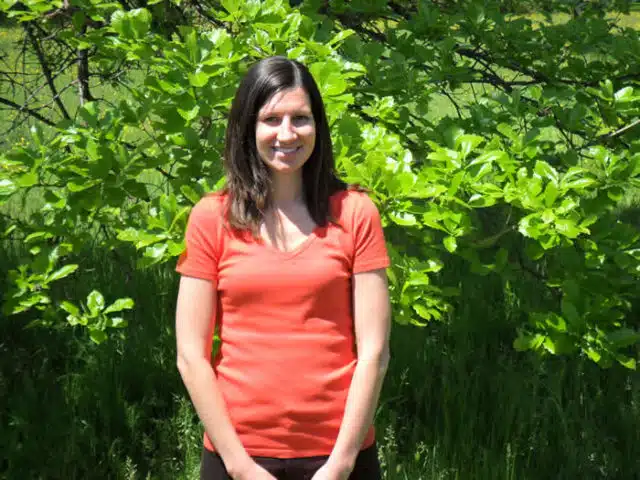
Sarah Kyker, PhD
Postdoctoral Research Associate
Dr. Sarah Carrino-Kyker is a microbial ecologist interested in the influence of environmental change, both natural and human-caused, on microbial communities. Her current research is focused on the soil communities of forests, how they’re impacted by environmental changes, and how these impacts in turn affect the health of the overall habitat or ecosystem.
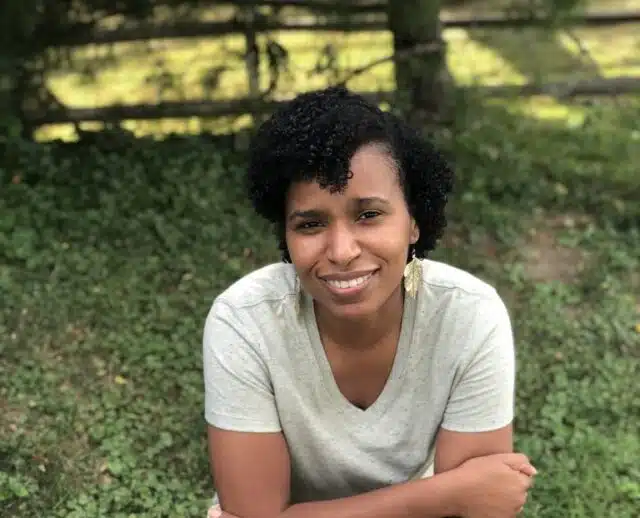
Mary Pitts, MS
Research Specialist
Mary Pitts, MS, is a researcher in the soil ecology lab. Prior to joining in 2020, she traveled the U.S. conducting biological surveys and serving in a wide range of conservation roles. At Holden, her work primarily involves detection of beech leaf disease throughout Ohio in partnership with ODNR, using molecular nematode-detection techniques.
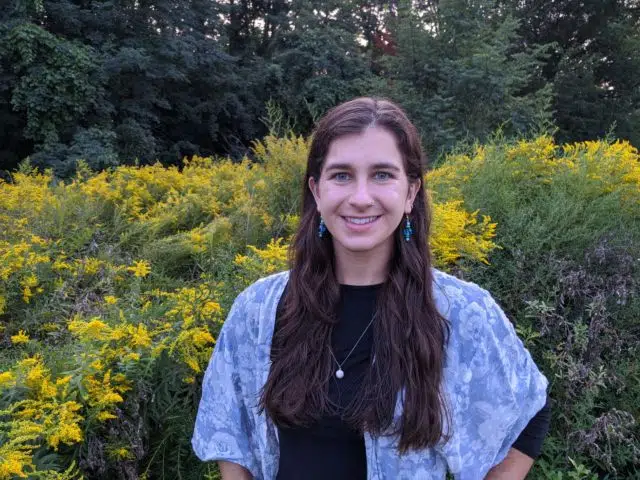
Claudia Bashian-Victoroff, MS
Research Specialist
Claudia Bashian-Victoroff, MS, is a fungal ecologist focused on connections between soil fungi and tree health. Her work couples field collections with modern molecular identification methods. Currently, her focus is on the role of soil fungi in urban canopy restoration in Cleveland, OH. She also enjoys discussing the importance of fungal research and conservation with diverse audiences through teaching, writing, and mentorship.
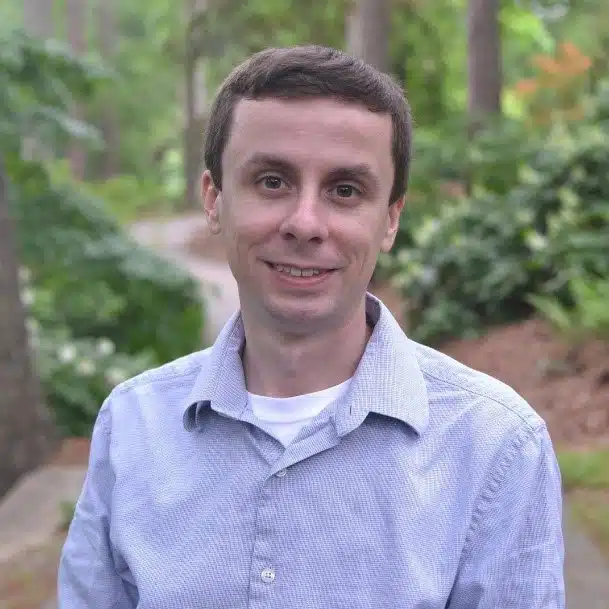
Danny Dlugos, PhD
Senior Research Specialist
Danny Dlugos, PhD, has expertise in the management of plant diseases, and is trained in disease diagnostics. He is interested and experienced across plant topics of regulatory significance including plant diseases, plant pests, and invasive plant species. Currently, he is working on a plant breeding program for eastern hemlock, Tsuga canadensis, and resistance to the invasive pest, hemlock woolly adelgid (HWA).
Lab Alumni
- Lacy Chick, Ph.D., Postdoctoral Researcher (Website)
- Emily Galloway (X)
- Charlotte Hewins, Research Specialist (LinkedIn)
- Adam Hoke, M.S., Molecular Research Specialist (LinkedIn)
- Laurel Kluber, Ph.D., Visiting Scientist (LinkedIn)
- Kat Krynak, Ph.D., Postdoctoral Researcher (Website)
- Ben Lee, Ph.D. (LinkedIn)
- Juan Carlos López, Ph.D. (LinkedIn)
- Nicole Pietrasiak, Ph.D. (Website, LinkedIn)
Contact David
dburke@holdenfg.org
Long Center for Plant & Environmental Science
Holden Arboretum
Join Us!
For open volunteer opportunities, visit the volunteer page for the Holden Arboretum. For open staff positions and internship opportunities, visit the careers page. Prospective graduate students and postdoctoral researchers, please inquire at the email above.
